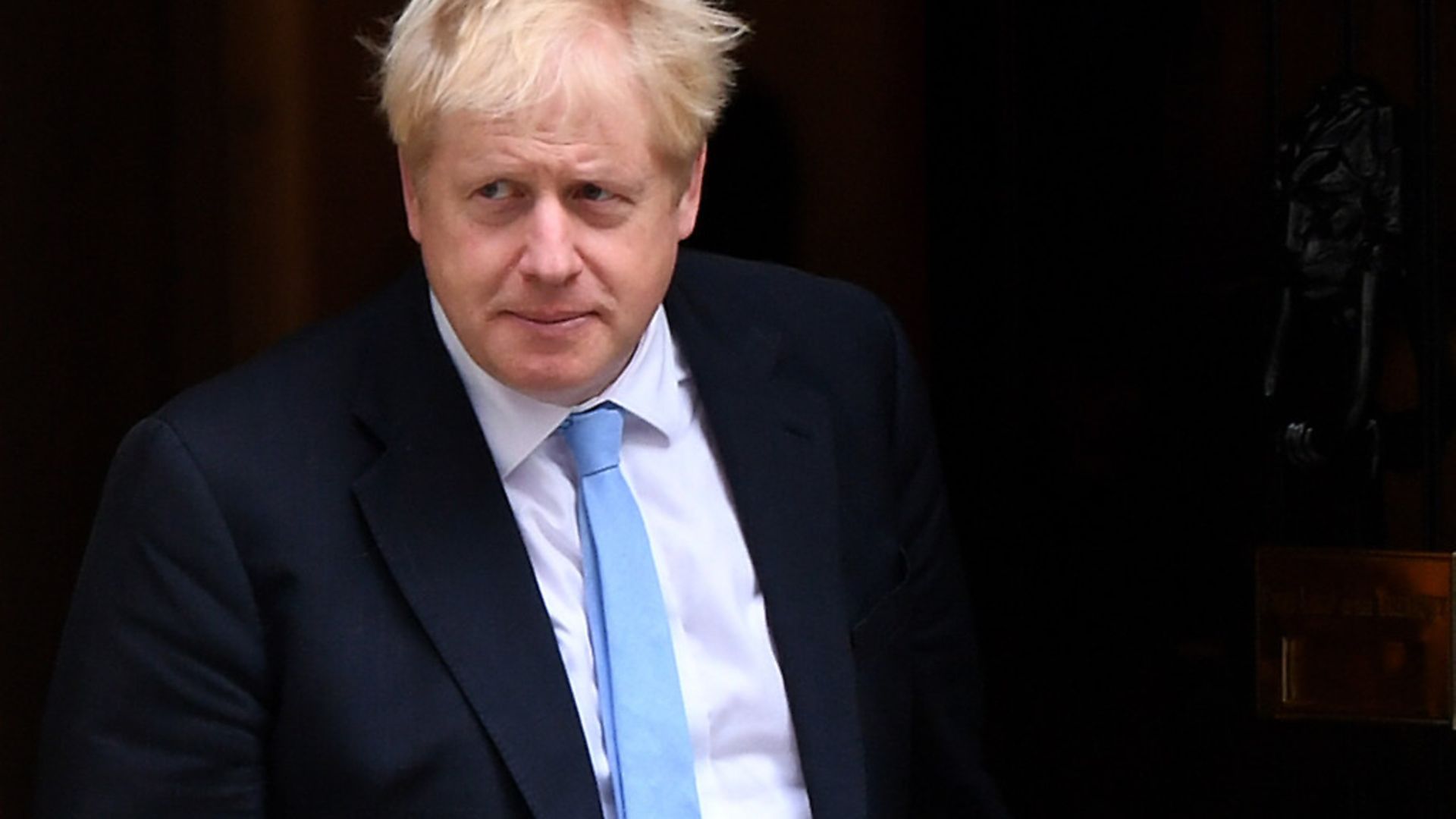
As was regularly noted during the David Cameron’s premiership, there is a much-discussed phenomenon among Oxford students called the ‘essay crisis’.
As ever with staples of the Oxford University social scene, this is just a university-specific name for a much wider phenomenon: that of doing no work whatsoever on an essay you’re given seven days to work on, only to do all the reading, studying and writing over the space of just a few hours.
It’s not hard to see why such a term was often applied to Cameron and his style of government, but if anyone has truly earned the moniker it’s his Eton and Oxford contemporary Boris Johnson, who has spent the last week desperately trying to deliver an Essay Crisis Brexit.
The key quality of any essay created in four hours of cramming – versus a week of considered study – is that it will hold up for just long enough, if the writer is basically competent. At Oxford, this means surviving a one-hour tutorial meeting with your supervising academic.
It’s doable, with practice, to learn enough to pass through an hour of debate and discussion of your essay with this process, even if you have no deeper knowledge beyond what you’re saying. The problems only arise later, at exam time, when unless you strike it very lucky with what you get asked you lack any of the actual knowledge you need to answer the question.
The parallels are depressingly obvious. When it comes to diplomacy, Johnson may be terrible on the telephone, but when he meets EU leaders face-to-face the Etonian charm seems to work. In last week’s meeting with Ireland’s Leo Varadkar, Johnson achieved an unexpectedly positive joint statement saying a deal would be possible.
This was followed by pronouncements from the EU negotiation table that the two sides could meet for “the tunnel” – intensive late-stage negotiations, ideally with minimal leaking and briefing. Suddenly, the UK media got excited: Perhaps, they said, a Halloween Brexit was possible.
Johnson’s team, we were told, would negotiate a deal by Tuesday, present it to EU Council by Thursday, and then it could be in front of parliament by Saturday. This is the ultimate essay crisis trick – bypass the detailed exam altogether, by making sure there wasn’t enough time for it. Never mind that you’re sorting the future relationship of the UK, Ireland and the rest of EU for a decade or more, just rush it through before anyone can notice the problems.
This is where the cracks in the plan began to show. Johnson might be content to wave through a seismic political change unread, but many of his EU negotiating partners were not. Johnson’s determination to avoid anything that could be called a backstop means trying to negotiate an explicitly permanent future relationship between Northern Ireland and the Republic of Ireland.
For the people who care more about that than the British prime minister does, though, that raises the stakes significantly – if the plans aren’t well thought-through, if they don’t work in practice, and most particularly if they rely on largely unproven abilities to track goods to their final destination to avoid smuggling, that will cause chaos that could take a whole new treaty to unravel.
Johnson is also hampered by the fact he’s working to an earlier deadline than everyone else. He is apparently the last man in Europe who believes the UK is leaving the EU on October 31 – so far as the EU27 and the UK parliament are concerned, if he doesn’t agree anything this week, what happens next is an extension of at least three months. If negotiation is a relay race, he’s running the 400m while everyone else concerned is content to pace themselves for 1600m. It’s hard to persuade people to sprint with charm alone.
The danger for Johnson is that without the deadline he’s trying to force, any ability for him to make a deal that could credibly pass parliament disappears – few people think there is any practical solution that could please both the EU and the ERG, if the latter have time to read and understand it properly (or at least to have someone else read it properly and explain it to them).
In practical terms, then, the Johnson premiership is left looking exactly like Theresa May’s: Apparently full of activity, plot twists, rebellions and intrigues, but ultimately leading to the same destination everyone always said it would. In Johnson’s case, that’s an extension and – if Labour ever decide the moment is right to allow one – an election, and the possibly vain hope that it changes the parliamentary maths enough that something, be it revoke, referendum, or Brexit, can get done.
More disturbingly than any of Johnson’s crises, though, is perhaps that after more than three years of this endless and frenetic cycle, our media and our political elite remain just as excitable as they ever were.
We know the problems of Brexit lie in working out the practical details of numerous complex issues, which need very specific and scrutinised answers. And yet any time we get a good meeting with warm words – that’s tomorrow’s front pages and bulletins sorted. The same is true after one bad phone call between Merkel and Johnson.
Last week the newspapers announced prospects of a deal were almost certainly dead, only to revive them around 48 hours later – implying the Brexit deal, like Jesus himself, was reborn on the third day. The prime minister may be aiming for an essay crisis Brexit, but it’s the reporting on it that’s the real existential crisis. When you’d know more avoiding the headlines than reading them, what are the papers even here for?










